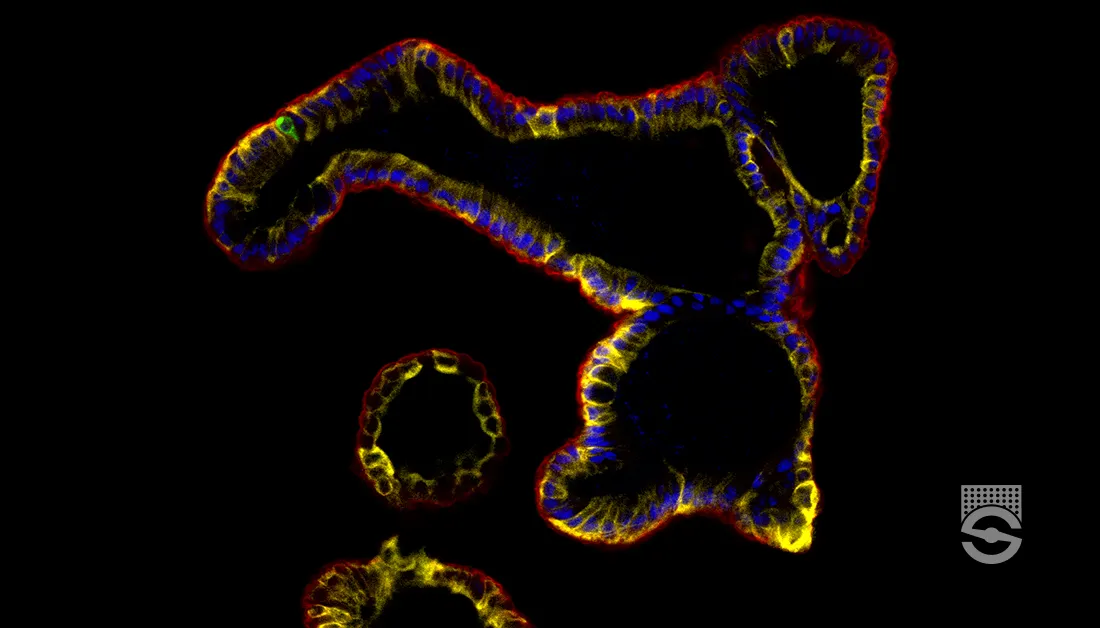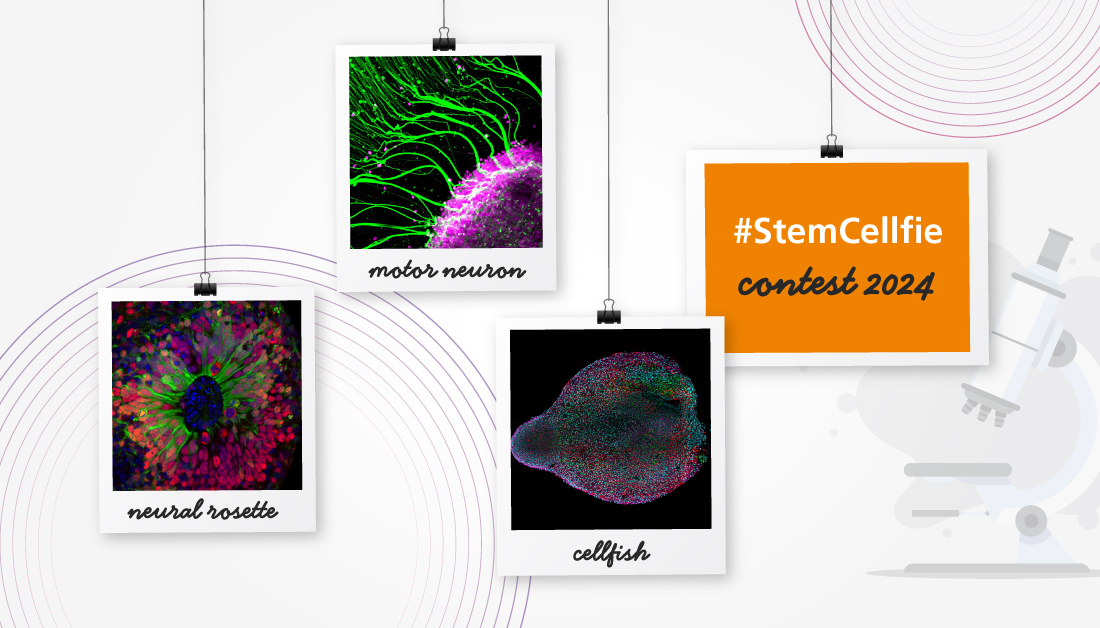Martius, Scarlet and Blue (MSB)
for Fibrin
The MSB (Martius, Scarlet and Blue) method for fibrin is a reliable technique. It is more automatic than other methods, i.e. it is less dependent on skill and experience and is consequently suitable for a routine laboratory. Overnight mercuric chloride fixation (formol sublimate or B5) is preferred, followed by overnight paraffin processing, although formalin fixed, paraffin embedded material can produce acceptable results if sections are refixed for an hour in Bouin’s picro-acetic-formalin mixture at 56°C. Optimal results are obtained with extended mercuric chloride fixation, thorough processing, degreasing and secondary fixation of sections, as for the Picro-Mallory.
Materials
- An acid resistant nuclear stain, such as Weigert’s iron hematoxylin, or the celestine blue-hemalum sequence.
- Martius
Material Amount Martius yellow 0.5 g Phosphotungstic acid 2 g Ethanol, 95% 100 mL - Scarlet
Material Amount Crystal scarlet 1 g Acetic acid, glacial 2.5 mL Distilled water 97.5 mL - Blue
Material Amount Methyl blue 0.5 g Acetic acid, glacial 1 mL Distilled water 98 mL - Phosphotungstic acid
Material Amount Phosphotungstic acid 1 g Distilled water 100 mL
Tissue Sample
3 mm slices of tissue should be fixed in formol sublimate (or B5) overnight. Paraffin process overnight. Overnight formalin fixation is usually satisfactory, but avoid rapid fixation with formalin and short processing, as this produces tissues that stain poorly even with the secondary fixation specified. Sections should be 3-5 µ thick.
Protocol
- Bring sections to water via xylene and ethanol.
- If mercury fixed, remove with the iodine-thiosulphate sequence.
- If not mercury fixed, place into Bouin’s fluid at 56°C for 1 hour.
- Rinse well in distilled water.
- Stain nuclei with an acid resistant nuclear stain.
- Rinse with 95% ethanol.
- Place in martius yellow for 2 minutes.
- Rinse with distilled water.
- Place in crystal scarlet for 10 minutes.
- Differentiate with phosphotungstic acid until only fibrin is red (up to 10 minutes).
- Place in methyl blue until collagen is blue (up to 10 minutes).
- Rinse briefly with 1% aqueous acetic acid.
- Dehydrate rapidly with ethanol.
- Clear with xylene and mount with a resinous medium.
Expected Results
- Fibrin – red
- Fresh fibrin – yellow
- Erythrocytes – yellow
- Connective tissue – blue
Notes
- Crystal scarlet is more commonly known as ponceau 6R.
- Steps 10 & 11 specify the time as up to. These times should be established by inspection, but will generally remain consistent.
- Lendrum’s recommendation for formalin fixed material was to dewax sections and treat with trichlorethylene in a sealed contained for 48 hours at 56°C, then to refix in absolute ethanol saturated with both picric acid and mercuric chloride for 24 hours before proceeding to step 2. The alternative treatment with Bouin’s fluid given at step 3 is often satisfactory.
- Bancroft notes that dyes other than those originally given may be used. Some may not be easily available, and no CI numbers were given.
Color Dye Options Yellow Lissamine fast yellow Blue Durazol blue
Pontamine sky blue
Fast green FCF
Naphthalene black 10BRed Ponceau de xylidine
Azofuchsin
Safety Note
Prior to handling any chemical, consult the Safety Data Sheet (SDS) for proper handling and safety precautions.
References
- Drury, R.A.B. and Wallington, E.A., (1980)
Carleton’s histological technique Ed. 5
Oxford University Press, Oxford, UK. - Culling C.F.A., (1974)
Handbook of histopathological and histochemical techniques Ed. 3
Butterworth, London, UK. - Bancroft, J.D. and Stevens A. (1982)
Theory and practice of histological techniques Ed. 2
Churchill Livingstone, Edinburgh & London, UK.






